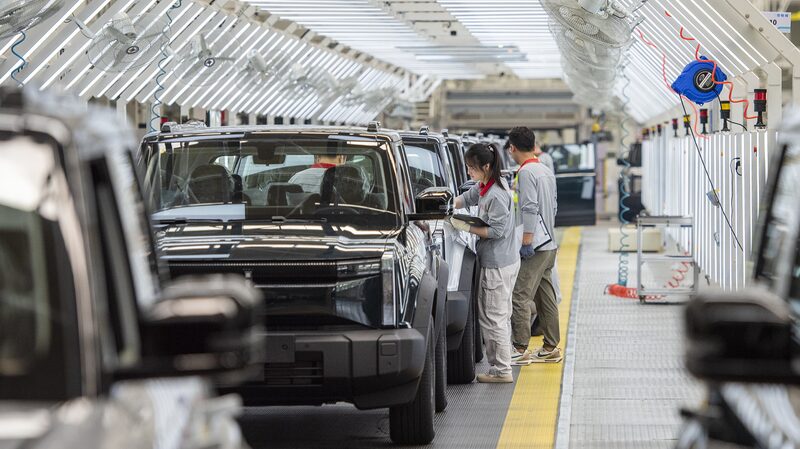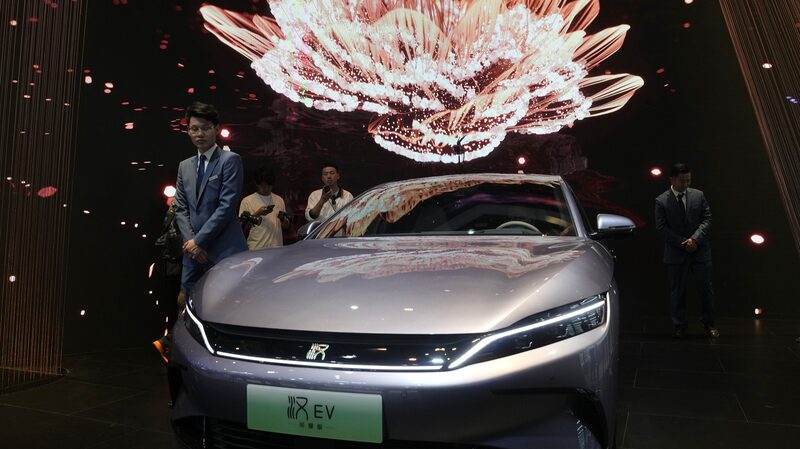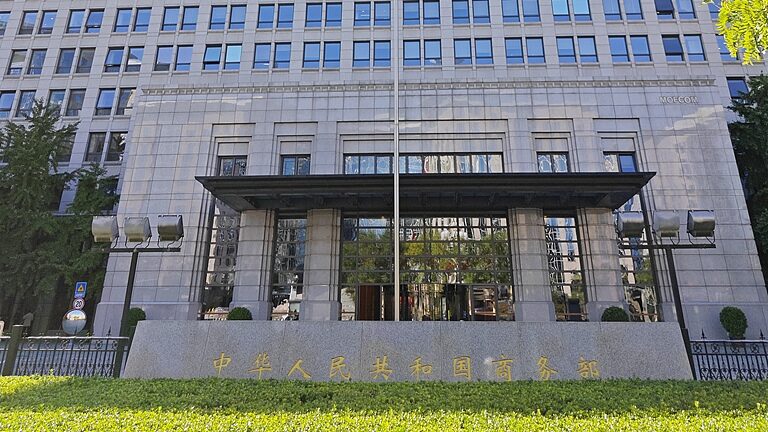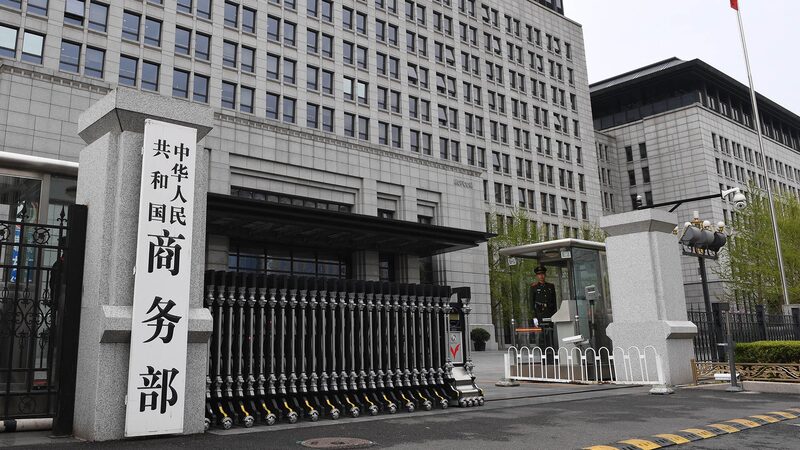The European Commission is sparking global economic debates with its plan to impose provisional tariffs of 17.4% to 38.1% on Chinese electric vehicles (EVs) starting July 4. This comes on top of existing 10% duties, raising eyebrows from Chinese experts and even some European automakers. 🌍🔌
Why Now?
The move follows an anti-subsidy investigation into China’s EV sector, but experts argue the math doesn’t add up. \"Chinese EVs thrive because of our complete industrial chain, not subsidies,\" says Li Yang, a WTO studies professor. He points to tech hubs like Shenzhen and Shanghai, where tight coordination between manufacturers and suppliers slashes costs.
The Price Advantage Puzzle 🧩
China’s EV dominance isn’t just about batteries – it’s industrial teamwork. Regions like Zhuhai host clusters of specialized factories, reducing raw material expenses. Add lower labor costs, and you get EVs priced like a Netflix subscription (well, almost). 📉💡
WTO Rules in the Spotlight
Li stresses that tariffs must prove subsidies directly harmed EU industries under WTO guidelines. Meanwhile, China’s domestic EV market stays ultra-competitive, with brands like BYD and NIO racing to innovate. Could this tariff war rev up prices globally? Stay tuned. ⚖️🚨
Reference(s):
EU's additional duties on Chinese EVs entail broad negative effects
cgtn.com





